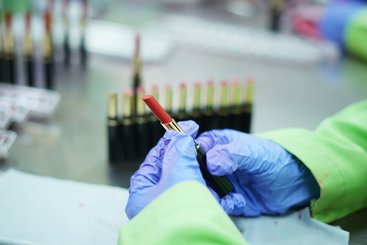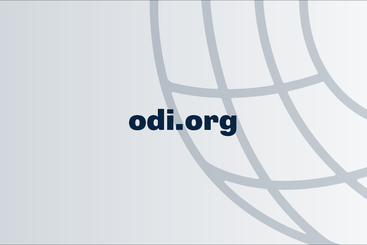Bangladesh has seen its poverty rate, the proportion of people living on less than USD1.90 a day, reduce drastically, from 34.2% in 2000 to 6.6% by 2019. However, households who have escaped poverty remain vulnerable to re-impoverishment, and there are still people in the country living in ultra-poverty marked by limited capabilities and assets.
This research explores the potential of multi-sectoral integration and layering of the Ultra Poor Graduation (UPG) programming combined with inclusive Market Systems Development (iMSD); climate-related Disaster Risk Reduction (DRR); and Water, Sanitation and Hygiene (WASH) interventions to enhance individual and community level resilience capacities and prevent re-entry of participants of the UPG programme into poverty.
We examined this potential in south-west Bangladesh basing on the Nobo Jatra Project (NJP), a Resilience and Food Security Activity (2015-2022) funded by USAID and implemented by a consortium of NGOs led by World Vision. We used a mixed methods research approach to examine and compare wellbeing and resilience indicators among a sample of respondents of NJP exposed to different combinations of the interventions: UPG+iMSD, UPG+iMSD+DRR, UPG+ iMSD+WASH, and UPG+iMSD+DRR+WASH.
Authors: Vidya Diwakar, Tony Kamninga, Tasfia Mehzabin, Emmanuel Tumusiime, Rohini Kamal, and Nuha Anoor Pabony
-
Sustaining escapes from ultra-poverty: A mixed methods assessment of layered interventions in coastal Bangladesh
Read more about Sustaining escapes from ultra-poverty: A mixed methods assessment of layered interventions in coastal Bangladesh.



